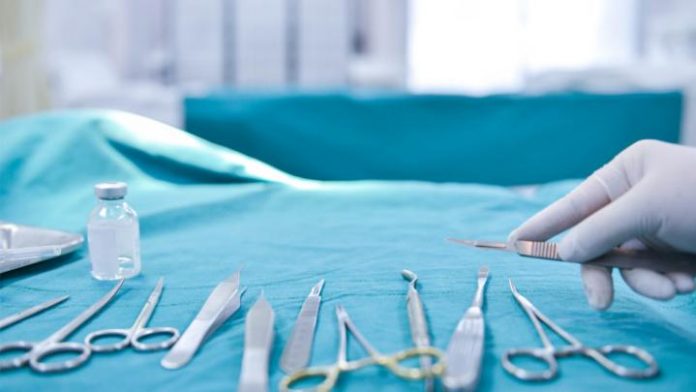The British Association of Aesthetic Plastic Surgeons (BAAPS) has advised British cosmetic surgeons to stop performing Brazilian butt lift surgery until more data can be collated on the risk. So far in 2018 two UK women have died, after having such surgery abroad.
The Brazilian Buttock Lift (BBL) is a procedure in which fat is taken from another part of the body and then injected into the buttocks.
Surgeons warn it has the highest death rate (1 in 3,000 operations) of all cosmetic surgery procedures, due to the risk of injecting fat into large veins that can travel to the heart or brain and cause severe illness and death.
This risk has galvanized the BAAPS to distribute a recommendation to all members, suggesting they refrain from performing BBLs, at least until more data is available.
The American Society of Plastic Surgeons (ASPS) reported that 20,300 Brazilian butt lift surgeries took place in 2017, and the number of procedures had more than doubled in the past five years.
The Australasian Society of Aesthetic Plastic Surgeons (ASAPS) has set up a patient safety task force to investigate the risks and improve patient safety of the increasingly popular procedure.
ASPS and ASAPS are working with the International Society of Aesthetic Plastic Surgery, International Society of Plastic Regenerative Surgeons and the International Federation for Adipose Therapeutics and Science. The Task Force for Safety in Gluteal Fat Grafting will research complications and establish specific safety guidelines.
New research from BAAPS breaks down the considerable burden to the National Health Service. One study analysed a single UK NHS hospital, recording a six-fold rise in cases needing urgent follow-up care from procedures done abroad, since 2013. All but one of the complications deemed major based on cost and level of emergency care input (including intensive care); were for buttock enhancement. These patients required an average ward stay of 20 days, costing the hospital just under £32,500. Added to other procedures, the hospital spent over £63,000 to rectify bad surgery, including the removal of industrial grade banned PIP silicone implants.
Complications from BBL ranged from severe bacterial infections including MRSA and Pseudomonas, tissue dying (necrosis), scarring, wound ruptures (dehiscence) and abscesses – among others. One patient had a flesh eating infection (Necrotising Fasciitis), treatment of which cost the NHS £47,000.
Surgeons ascribe this specific phenomenon, as a result of aggressive marketing campaigns particularly targeting vulnerable people through social media. Celebrities such as Kim Kardashian and rapper Cardi B can trick the public into thinking that (just as- according to BAAPS- one medical tourism website advertises) “Surgery is just like make-up!” and inadvertently leading them to danger. So BAAPS has called a moratorium on the procedure in the UK, until more research is conducted.







 ©2024 All rights reserved LaingBuisson
©2024 All rights reserved LaingBuisson 


